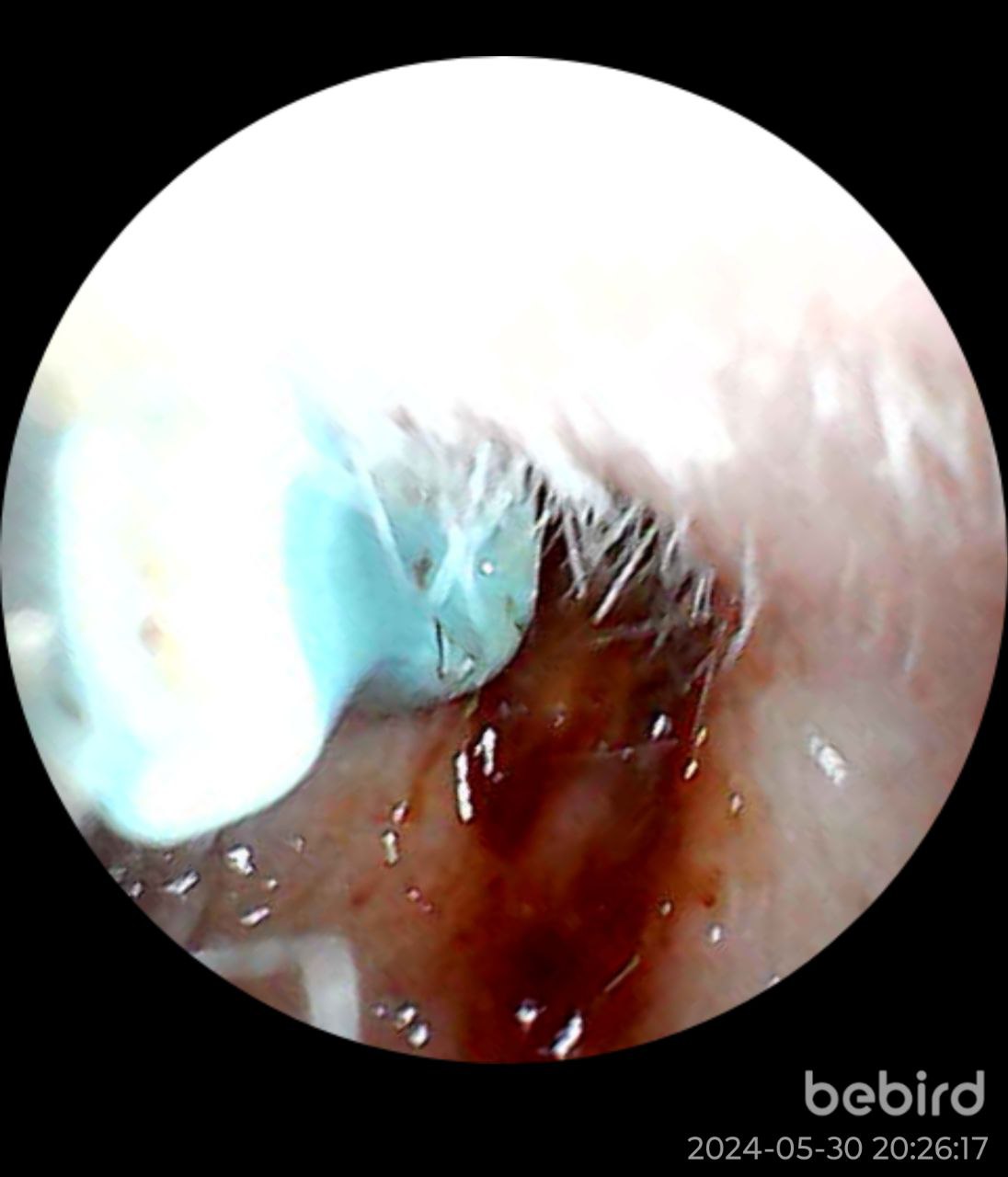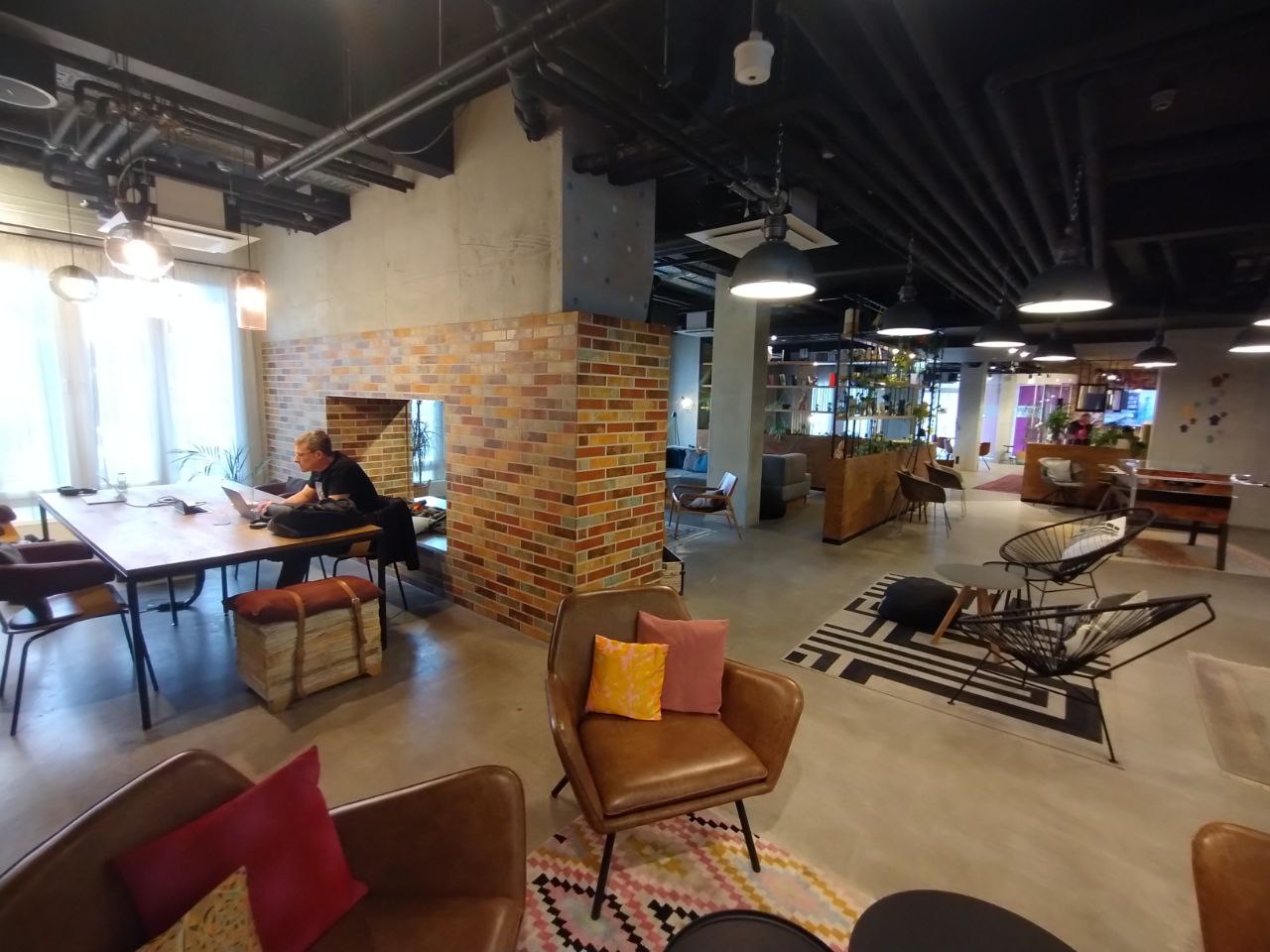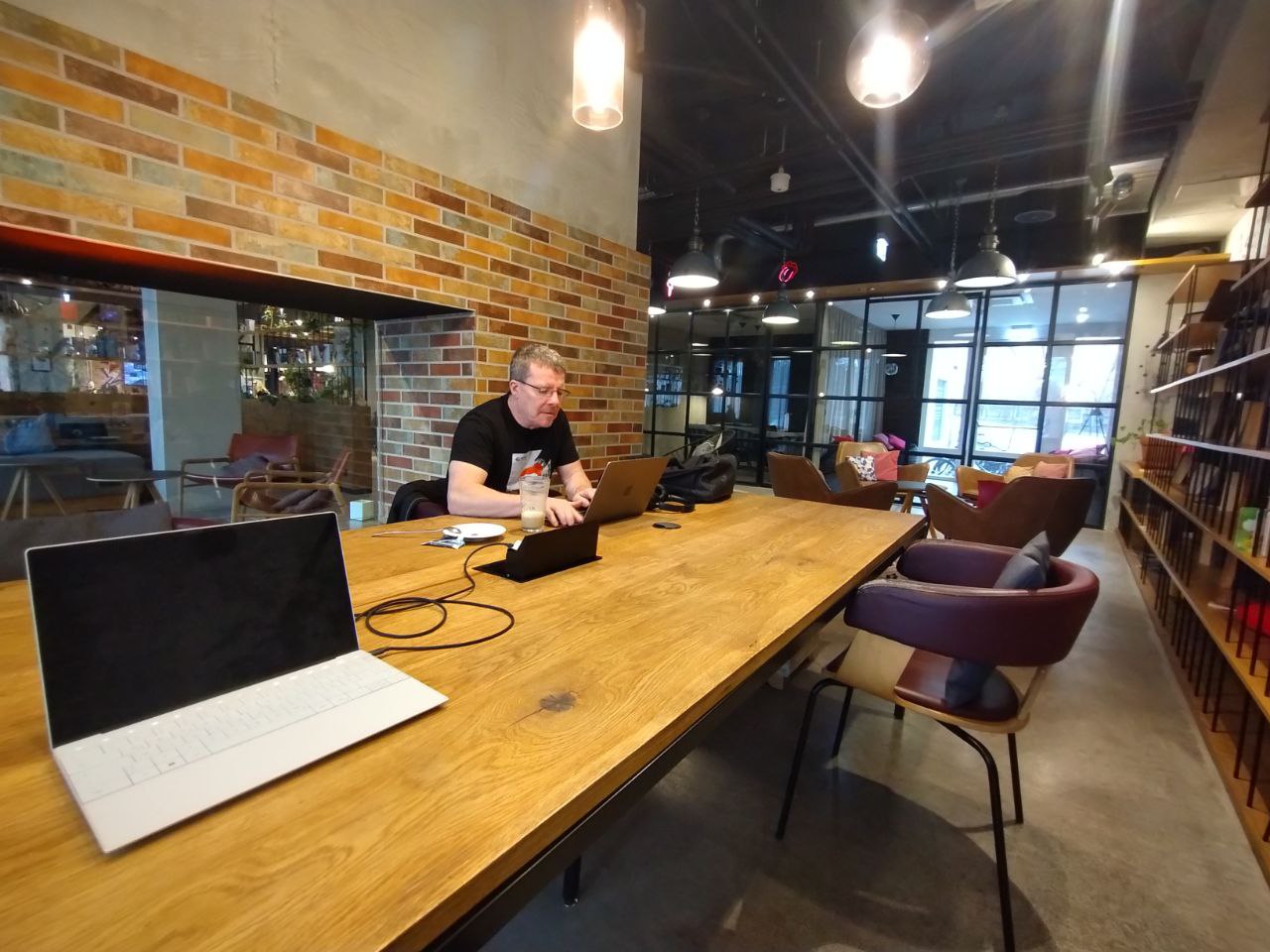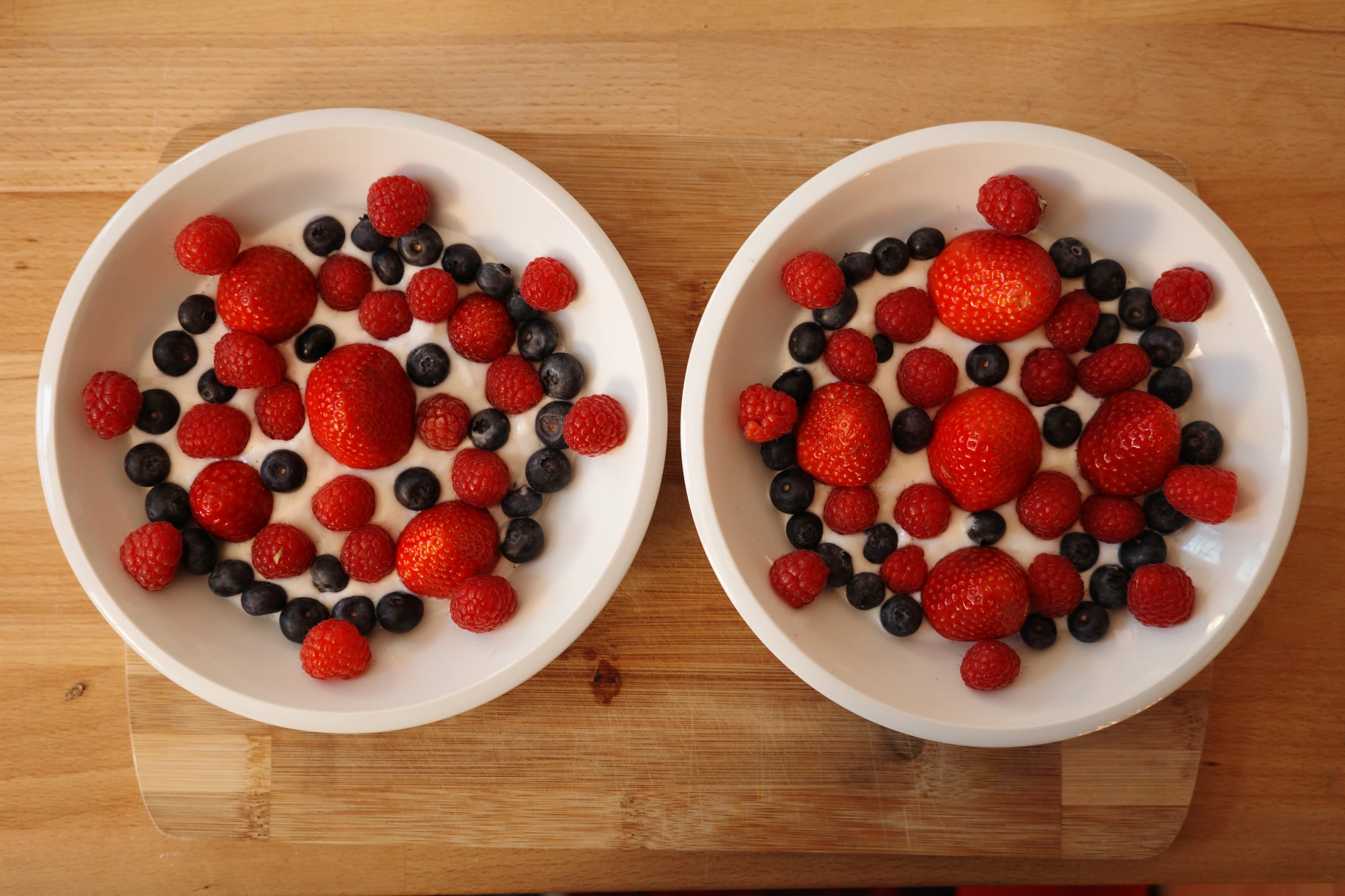We are like ants exploring someones dropped iphone.
Author: Ryan Hellyer
ENT disaster
Rewritten by an LLM via a Google review I wrote:
I walked into the clinic with a blocked ear, expecting a simple ear cleaning. The doctor didn’t even greet me. He performed a quick and crude hearing test with a tuning fork, glanced in my ears, declared “alles gut” (everything is good), and dismissed me in less than a minute. I left with a prescription for ear drops and instructions to return in two days if the issue persisted. The receptionist assured me I wouldn’t be charged unless I needed to come back.
Two days later, the ear drops had worsened my condition. Annoyed but hopeful for proper treatment, I returned. Instead of a gentle ear cleaning, the doctor jammed a metal instrument into my ears, causing excruciating pain as he yanked out chunks of something. I nearly walked out but stayed, thinking I don’t really know much about ear treatments and perhaps this was normal. He did the same to my other ear, which was even more painful, and then dismissed me again. A nurse advised me to sit until I felt better, concerned I might pass out. I was told to keep fabric inserts in my ears overnight and return in three days.
Something felt off, so I visited another ENT doctor later that day. My ears felt very poor. When I described the ordeal, the new doctor took a brief look and exclaimed, “HE’S CRAZY!” She explained that he hadn’t removed the earwax but had taken chunks out of my ear canal. She said it was bleeding. She gently removed the wax with a vacuum device that didn’t hurt much at all, and gave me antibiotic drops to prevent infection from the damage caused by the incompetent nut job.
Below is an image of what I think is the blood that the second doctor found in my ear.

Werde Baumblutenfest trip
The Werde Baumblutenfest (blossom festival) starts this weekend. The weather looks great, so we’re doing a bike trip from Berlin to the festival, then cycling around the Baumblutenfest route and trying out the occasional local fruit wine at the stalls and gardens along the way.
Here’s some information about the Baumblutenfest:
https://www.baumbluetenfest.de/hoefe
Leaving time is 11am on Sunday April 28th from Starbucks at Brandenburger Tor. If you want to meet up with this somewhere else along the route, then just let us know. If you can’t cycle the whole way, then feel free to arrange to meet us in Potsdam (you may not be able to get a bike all the way to Werde due to trains being so busy).
Here’s a route map for the trip to Werde (~ 40 km). Feel free to suggest changes if you know if a better route.
https://www.google.com/maps/dir/Starbucks,+Pariser+Platz+4A,+10117+Berlin/Werder+(Havel),+14542+Werder+(Havel)/@52.4488275,13.0473374,11.71z/data=!4m14!4m13!1m5!1m1!1s0x47a851c6672e0353:0x53fdf1aa767add0e!2m2!1d13.3796687!2d52.5166979!1m5!1m1!1s0x47a8f3b048c1c97b:0xbd6753899f7a76c3!2m2!1d12.9262247!2d52.3928215!3e1?entry=ttu
And here is a route for the Baumblutenfest trail (~41 km):
https://random.hellyer.kiwi/files/2024/04/werder-baumblutenfest.gpx
I’ll be taking the train back from Potsdam (potentially Werde if there’s room on a train). Including the trip back to Potsdam, the total route would be 93 km.
Current attendees are me, and Robinson Cheng. Feel free to invite whoever you like.
Who would like to join?
iRacing Radical SR10 paint




Blood glucose levels
I got these from this video which I thought was quite helpful. https://www.youtube.com/watch?v=vZbgTzDxBFg
1. Fasting Blood Glucose: The blood sugar level after an individual has not eaten for at least 8 hours. It indicates how well the body manages glucose in a fasting state.
Normal: 80-86 mg/dL.
Optimal: 72-85 mg/dL.
2. Baseline Blood Glucose Throughout the Day: This represents typical blood sugar levels during a regular day, excluding the periods immediately following meals. It reflects how the body manages glucose under typical daily conditions.
Normal: 70-120 mg/dL for 90% of the day.
Optimal: 72-90 mg/dL.
3. Post-Meal Blood Glucose Peak: The highest blood sugar level reached after eating. This peak occurs due to the absorption of glucose from the consumed food and indicates how effectively the body manages the sudden influx of glucose.
Normal: Peaks within 46 minutes to 1 hour after a meal, under 140 mg/dL.
Optimal: Peak less than 110 mg/dL with an increase of less than 30 mg/dL.
4. 24-Hour Average Glucose: The average level of blood glucose measured over a 24-hour period. This average provides a comprehensive overview of an individual’s glucose regulation throughout both active and resting phases of the day.
Normal: 89-104 mg/dL.
Optimal: 79-100 mg/dL.
5. Average Daytime Glucose: The average blood glucose level during the day, influenced by factors like meals, physical activity, and stress. It reflects how the body manages glucose during its active phase.
Range: 83-106 mg/dL.
6. Average Nighttime Glucose: This is the average blood sugar level during the night, representing the body’s glucose management while at rest. Nighttime glucose levels can offer insights into metabolic health and glucose stability during sleep.
Range: 81-102 mg/dL.
There is a crisis going on with men
A friend shared this video with me. It’s an interview with Dr Alok Kanojia. I felt it was very interesting, so I clipped out a chunk of text with what I felt was the most interesting section.
Men are struggling right now, and the rest of the world says, “No you’re not, you’re privileged, you’re a man!” There’s a patriarchy – and I’m not commenting on the sociology of it – there is a patriarchy, whatever. There’s men have many advantages in life. I’ve experienced many advantages of being a man, it’s absolutely true. I’m not – let’s not go there. I’m talking about the individual experience of men.
So there is one group of people on the planet who says, “Yes, your life does suck,” and that’s these toxic masculine people. They’re the only people that truly validate men’s experiences because everyone else says, “Why are you complaining?” And these guys say, “Yeah, you’re a loser. What are you going to do about it?” They at least meet you where you’re at, and they say, “Yes, your life is hard, and I will show you a way to make it better,” whereas the rest of the world says, “No, your life isn’t hard. What are you complaining about?”
And I’ve seen this as a doctor. I’ve seen patients who are complaining about pain – women who are complaining about pain because they have an internal bleed within the wall of their uterus that cannot get detected – and they’re saying, “I’m hurting, I’m hurting, I’m hurting,” and we ignore this person’s pain. And that’s when things go bad.
So, for years and years and years, we have ignored the struggles of men, and there’s one group on the planet who accepts them with open arms. And the more that we demonize them – so when someone starts believing in this toxic masculinity, what is the response? Do people ever ask, “Help me understand what your life is like? Like, what do you like about this person?” Because everyone’s going to them for a reason, but we never – we never bother to ask, “Why are you listening to this person? What does this mean to you?”
I see these – we see these posts all the time in our community: “My boyfriend is getting into this stuff, my son is getting into this stuff. How do I stop it?” Hold on a second. Don’t try to stop it, understand it first. Because everyone’s trying to stop it, and no one is bothering to listen to what the experience of these men – men are – and that’s why it’s getting worse and worse and worse as we try to stop it.
So, if I’m the mother of a son who is watching a lot of these sort of toxic male influencers online, what would be a better approach versus just banning the computer and telling them that that’s toxic and not to look at it? Help me understand what you like about this. What is it like to be in today’s day and age? How do you feel about yourself? How does it feel knowing that 70 to 80% of women want you to make more money than them, and yet 60% of people who graduate from college are women? So, men are faced – are living in a world today where there are impossible expectations to meet. And so, like, what is it like to be someone who fundamentally has no chance at success, right? These are the kinds of things that you need to say to these people. You need to give them an alternate place to go where they can be heard and helped, supported and understood.
See, anytime we make a judgment, our mind already has a conclusion. There’s nothing left to learn anytime we’re judgmental. So, what do we – what do we do to all these people who are toxic men? We even create the word “toxic,” we literally label them as bad in some way. And I’m not saying that the behavior isn’t toxic, but what I’m pointing – what I’m trying to point out is that even in our language, there is so much harsh judgment.
Moxy Humbolthain
Their lobby has a very pleasant working environment.


Fitness goal for 2024-01-22
My new fitness goal, is to be able to touch my toes by 2024-01-22.
Memento mori
One day you will be gone.
What defines your legacy,
is not the gadgets you had,
but what impact you left behind.One day your name will be forgotten.
But your legacy will live on.
Your impact will live on in others,
even if they don’t know your name.One day your words will be silent.
Your thoughts lost in a different time.
But what you did to others,
still affects the world,
and in some way lives on. – Bjørn Johansen
This is something I found via Bjørn Johansen’s blog www.bjornjohansen.com/memento-mori. I feel it is an excellent viewpoint from which to look at our own lives.
Liuba’s breakfast for me 🥰
🥰
